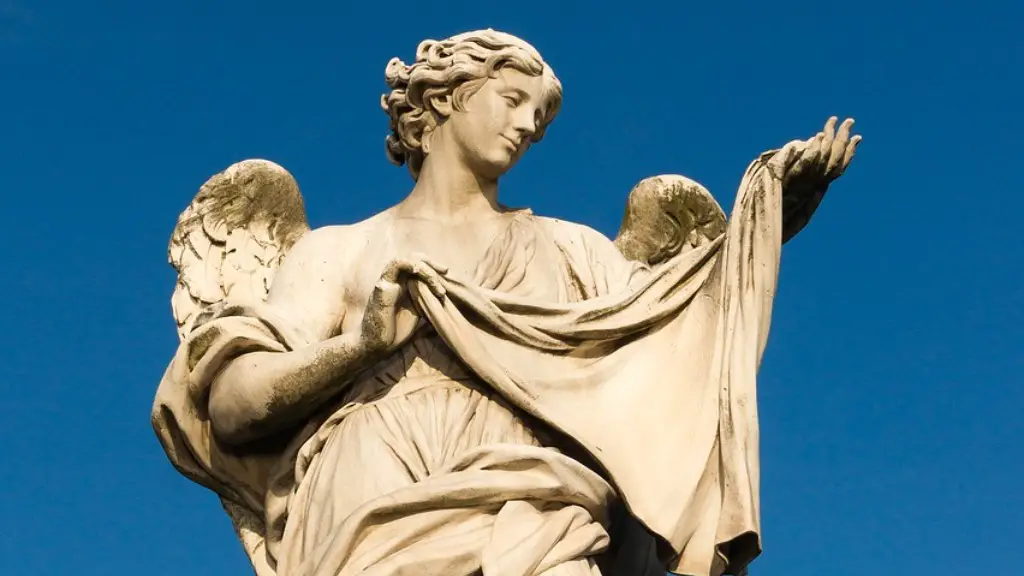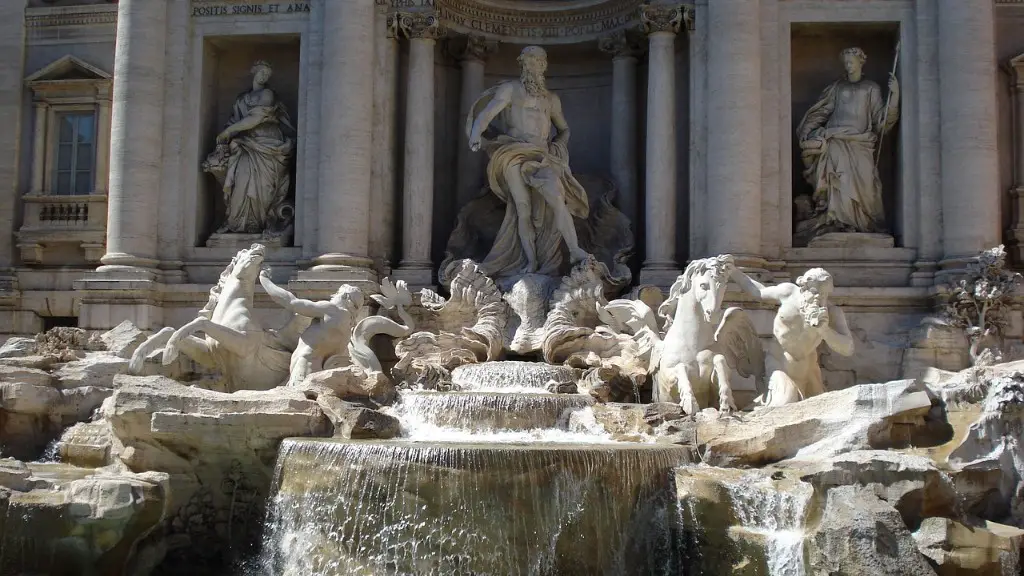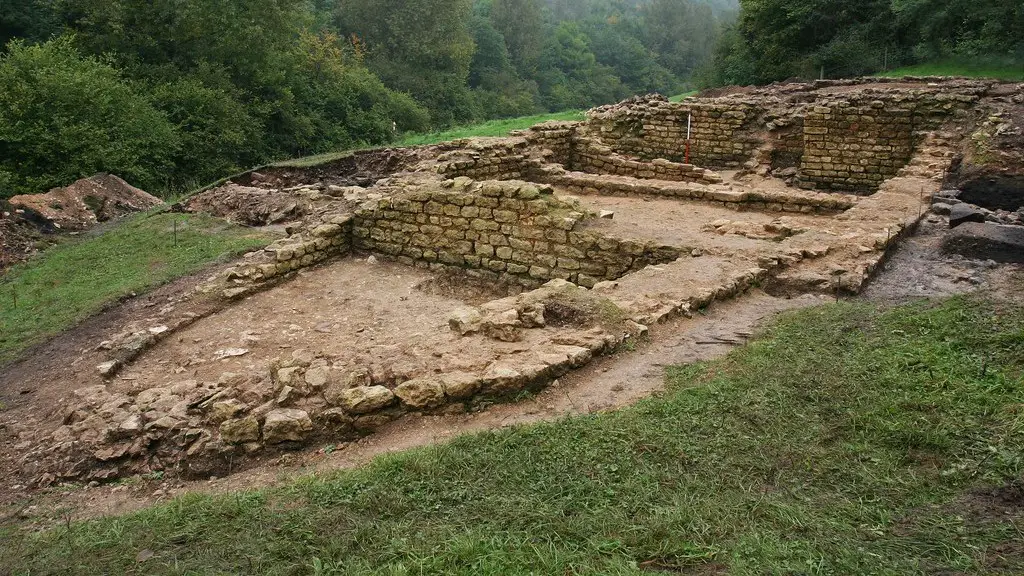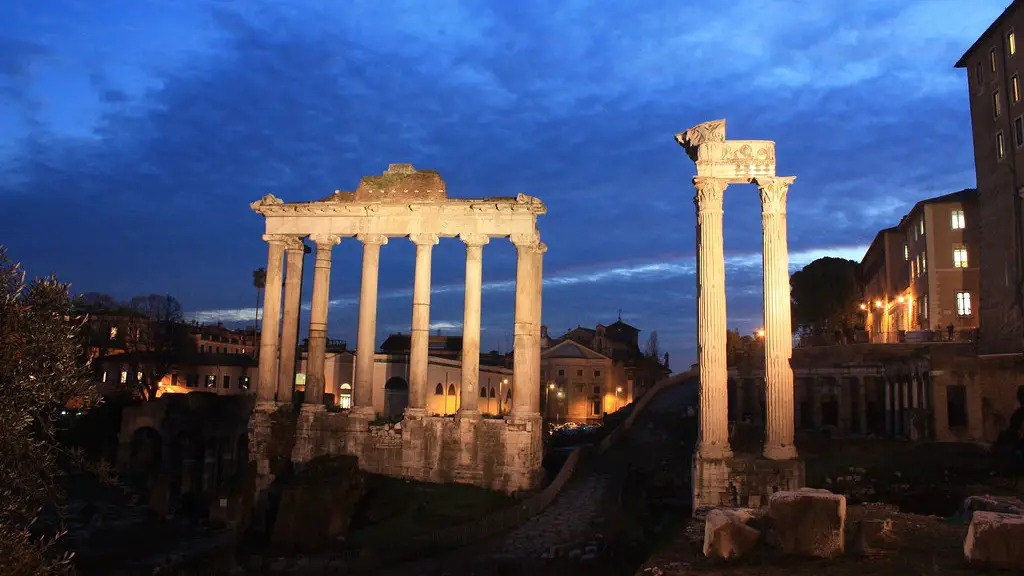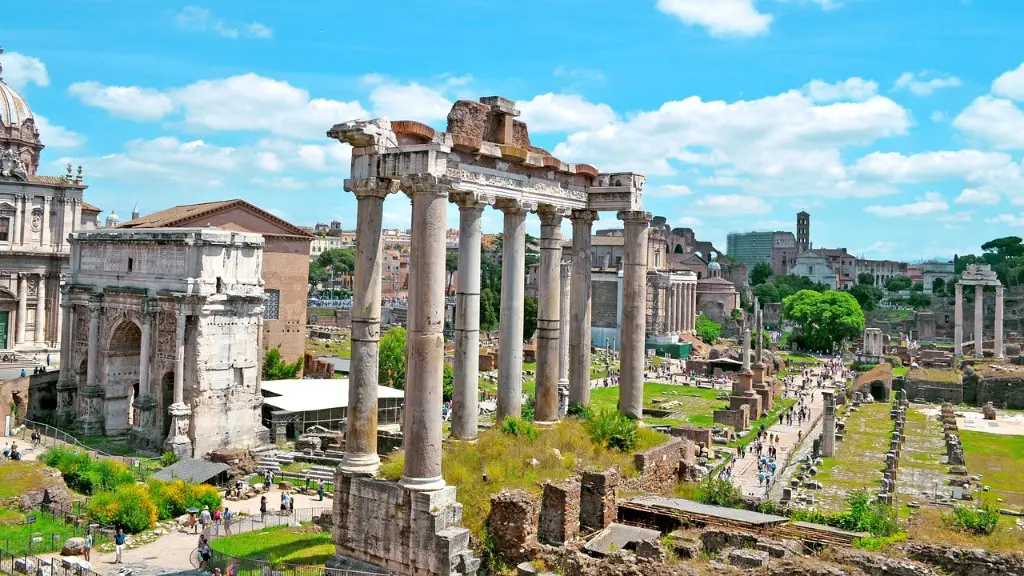Why Was Ancient Rome So Powerful?
Ancient Rome was an advanced, innovative, and influential world power. They exerted their dominance for hundreds of years and rose to become one of the most known and beloved nations in the world. But, why was Ancient Rome so powerful? To understand this, let’s explore the history, achievements, and strategies that made Rome an unstoppable powerhouse.
History of Ancient Rome
Ancient Rome began as a monarchy in 753 BCE and evolved over the centuries into a republic. Over the centuries, Rome developed a complex political structure that allowed its citizens to participate in the governance of the state. This system provided stability and unity, allowing the Roman people to then focus on expanding Rome’s reach and influence. Additionally, Rome’s potential was boosted due to its advantageous geographical position. By being right in the center of the Mediterranean Sea, Rome had easy access to many trading partners as well as other civilizations to expand its influence.
Historical Achievements
Rome is renowned for its varied and astounding achievements. It held one of the largest and most diverse empires of its time. It also built great walls, aqueducts, and other structures that still amaze us today. Moreover, it established and maintained the Pax Romana, or Roman Peace, across the world during its reign, allowing for commerce and communication between faraway civilizations. Rome also invented useful tools and technologies, such as coins, surveyors, and certain construction techniques. Furthermore, it perfected many avenues of warfare, such as cavalry and naval combat.
Rome’s Strategies
Rome was powerful due to its strategies. During its conquests, the system of dual consulates was implemented in which two leaders would oversee operations. This system provided more efficient tactics, cooperation, and communication between the legions. In addition, Rome’s immaculate engineering of its roads and highways allowed for the quick and effective travel of troops, supplies, and intelligence from one area to another. Lastly, Rome was adept at forming alliances with other nations, either through promise of economic benefits or military protection. This allowed it to spread its influence and maintain control over vast areas of the world.
Political Organization
The Roman government was well structured and committed to hearing the voices of its citizens, going so far as to create elaborate assemblies and councils for the purpose of debating and passing laws. Roman citizens had the right to elect the senate and the veto on laws they did not agree with. It also allowed them to elect their leaders. All of these democratic processes enabled them to create laws and policies that favored their citizens and allowed them to monitor their government’s performance. This participatory democracy ultimately gave Roman citizens a vested interest in each other as well as their government, allowing them to work together as a unified whole.
Moreover, Rome was notable for having sensible and fair laws. Its laws were not so rigid as to shipwreck its government, but strong enough such that it credited the Roman people with respect and responsibility. Moreover, the grandiose Senate provided a platform for the voices of the Roman people to be heard. This organization allowed for an expedient class of citizens that had the power to control the government, ensuring fairness and harmony for all.
Military Leadership
Rome was one of the most powerful nations due to its military expertise. The Roman military was so efficient that it was known as the “Great Machine”. It was a powerful force that Rome used to expand its reach around the world. The Roman military was composed of legions, which were large, organized groups of soldiers that were expertly trained and heavily armed. Legions typically contained 5,000-6,000 soldiers and were led by experienced generals, who were in charge of training and equipping their legions.
In addition, Rome revolutionized warfare and enabled it to govern large empires, as they refined and advanced the art of combat. They advanced tactics such as military formations, siege warfare, and combined infantry and cavalry forces. This allowed Rome to conquer lands with more diverse opponents and more advanced weapons than their own. Lastly, the Roman legions were connected by the network of Roman roads, allowing for the swift transport of troops, supplies, and information to facilitate their success.
Cultural Diversity
Rome was a nation of many cultures. It welcomed refugees from most of its conquered lands, allowing them to take up residence within its borders. This triggered a blending of cultures and beliefs, creating a mosaic of peoples. This multiculturalism was not only beneficial for its citizens in terms of peace, understanding, and mutual respect, but it was also beneficial to Rome in terms of growth and increased resources. Through its policy of accepting trade, refugees, and influential people from other countries into the Roman Empire, Rome was able to increase its wealth and military strength. This diversity in perspectives and ideas also furthered Rome’s creative process of inventions and expansion.
Economic Strategies
Rome was well known for its economic strategies. Its currency, the denarii, was used extensively even beyond Rome’s itself. Trade was well-regulated, owing to the efficient systems Rome employed. The Roman government imposed tariffs on imported goods to protect its citizens’ pockets and businesses. The government also regulated the prices of certain commodities so that there would not be market instabilities. Finally, the empire utilized tax evasion prevention strategies and employed a system of audit committees to ensure a just tax system.
Educational System
Rome’s educational system was remarkable and well-developed. It was organized in two parts: publicly funded and privately funded. Publicly funded schools were located throughout the empire, providing education or apprenticeships in reading, writing, mathematics, and Greek. The publicly funded schools were free for all citizens, and financed by the government. Private schools were available for those who could afford it, often teaching more advanced skills.
In addition, Rome had numerous libraries, full of books from around the world. These libraries helped to keep the knowledge of their powerful civilization alive. Furthermore, the educational system was overseen by the Roman Senate, ensuring its quality and extensiveness. This system allowed for generations of Roman citizens to become experts in art, literature, astronomy, and engineering.
Communication Networks
Rome developed excellent communication networks that enabled it to send messages quickly and effectively. Rome used messengers on horseback, enabling them to communicate quickly with other cities and provinces. Furthermore, they built aqueducts to address the need for safe drinking water and provide efficient irrigation systems. Lastly, Rome established a professional post service to deliver official documents and announcements across the empire, allowing the government to maintain its border security.
Conclusion
Ancient Rome was an exceptional nation, renowned for its military strength, political sophistication, and cultural diversity. Rome’s achievements, strategies, and infrastructure contributed to its power and success, cementing it as a world-class empire. Rome’s legacy lives on in its monuments, achievements, and influence, and it is remembered as one of the most powerful and influential nations in history.
